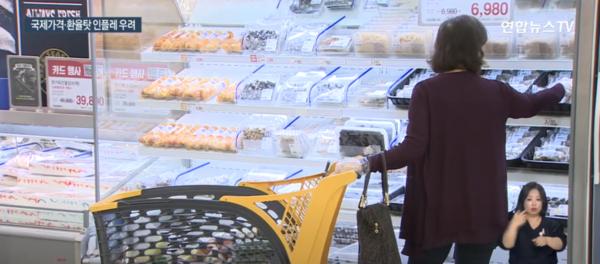Import Prices Rise Despite Drop in Oil Prices
The import price index in South Korea has increased for the second consecutive month, driven by a surge in the won-dollar exchange rate, despite a decline in international oil prices. The Bank of Korea's statistics reveal that the November import price index, based on Korean won, stood at 139.03, marking a 1.1% increase from October.

Lee Moon-hee, head of the price statistics team at the Bank of Korea, explained that although international oil prices have fallen, import prices have risen due to the increase in the won-dollar exchange rate. The won-dollar exchange rate jumped 2.4% from an average of 1,361.00 won in October to 1,393.38 won in November, while international oil prices based on Dubai crude fell 3.1% from $74.94 in October to $72.61 in November.
Impact on Various Import Categories
A detailed look at import prices shows that raw materials rose by 0.2% from the previous month, mainly due to agricultural, forestry, and fishery products. Intermediate goods increased by 1.5%, driven by primary metal products, coal, and petroleum products. Capital goods and consumer goods rose by 1.2% and 1.5%, respectively.
Outlook for Import Prices
It is still too early to expect stability in import prices for December. The exchange rate level and volatility are increasing. Lee noted that although international oil prices have slightly decreased in December, the exchange rate has risen, creating a mixed situation of upward and downward factors, making it difficult to forecast.
Export Prices Also on the Rise
The November export price index was recorded at 130.59, up 1.6% from the previous month, marking a two-month consecutive rise. The increase in export prices was mainly driven by coal and petroleum products (2.6%) and chemical products (1.3%).









Comments